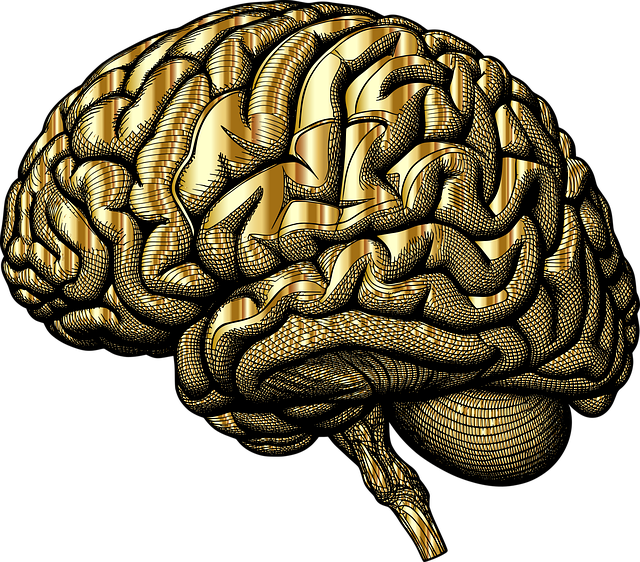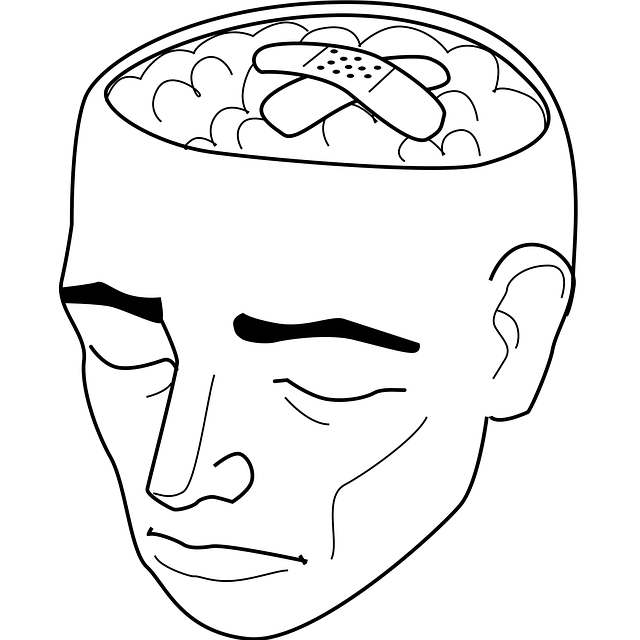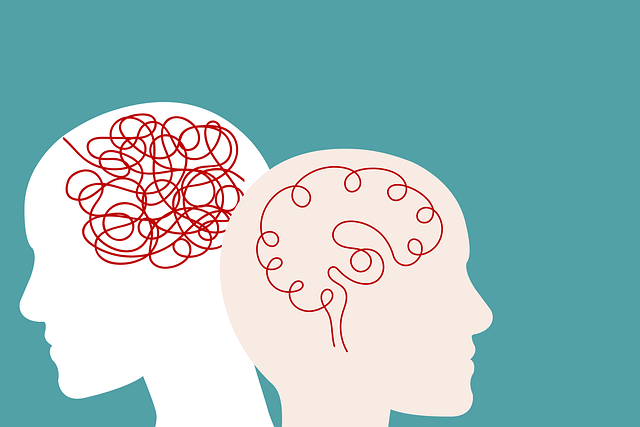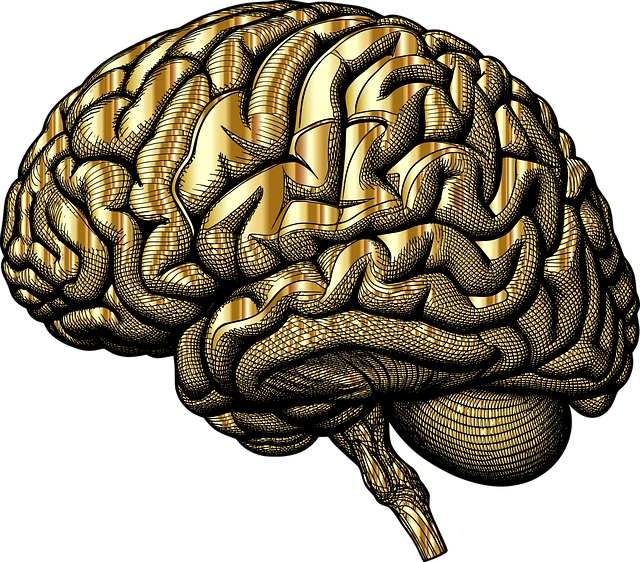Emotion regulation is a powerful tool for enhancing well-being in today's stressful world. Lakewood EMDR Certified Therapy offers an eight-phase approach, leveraging mind over matter techniques like bilateral stimulation to process traumatic memories and intense emotions effectively. Their methods include cognitive restructuring, mindfulness practices, empathy building, and cultural competency training. These strategies increase emotional intelligence, prevent burnout, and promote healthier responses to stress. By teaching these skills, individuals gain lasting tools for managing their emotional well-being, benefiting both personal and community mental health.
Emotion regulation is a vital skill for maintaining well-being, especially in navigating life’s challenges. This article explores why mastering emotional control is essential and introduces effective strategies for managing feelings. We delve into the benefits of Lakewood EMDR Certified Therapy, offering powerful tools for personal growth. From understanding emotional responses to practical techniques like mindfulness and cognitive strategies, you’ll discover methods to modulate emotions healthily. Learn how these skills can lead to lasting positive change through real-world application.
- Understanding Emotion Regulation: Why It's Crucial for Well-being
- Lakewood EMDR Certified Therapy: Unlocking Powerful Tools
- Techniques to Manage and Modulate Emotions Effectively
- The Role of Mindfulness and Cognitive Strategies in Regulation
- Practical Application: Teaching Skills for Lasting Change
Understanding Emotion Regulation: Why It's Crucial for Well-being

Emotion regulation is a vital skill that plays a pivotal role in our overall well-being. It involves understanding and managing our emotional responses, enabling us to navigate life’s challenges with resilience. In today’s fast-paced world, where stress and anxiety are prevalent, learning effective emotion regulation techniques is more important than ever. This is especially relevant for individuals seeking holistic healing, as demonstrated by Lakewood EMDR Certified Therapy.
By adopting mind over matter principles, one can foster mental health awareness and improve their ability to cope with difficult emotions. Healthcare provider cultural competency training also highlights the significance of recognizing and addressing emotional needs, ensuring personalized care that respects diverse perspectives. These practices are essential for promoting not just individual well-being, but also fostering a culture of empathy and support in various settings.
Lakewood EMDR Certified Therapy: Unlocking Powerful Tools

Lakewood EMDR Certified Therapy offers a transformative approach to emotion regulation, empowering individuals to unlock powerful tools for managing their mental health. This innovative therapy technique, recognized globally, focuses on helping clients process traumatic memories and intense emotions effectively. By tapping into the mind’s natural healing abilities, individuals can find relief from conditions like anxiety and stress, which often stem from unresolved past experiences.
The core principle of Lakewood EMDR Certified Therapy revolves around mind over matter principles, teaching people to gain control over their emotional responses. Through a structured eight-phase model, therapists guide clients in re-evaluating distressing memories while simultaneously engaging in bilateral stimulation, such as side-to-side eye movements or tactile taps. This process facilitates the brain’s natural information processing, allowing individuals to heal from past traumas and reduce the intensity of associated emotions. As a result, clients gain enhanced anxiety relief and improved stress management skills, leading to better overall well-being.
Techniques to Manage and Modulate Emotions Effectively

Managing and modulating emotions effectively is a crucial skill, especially in today’s fast-paced world where stress and pressure can easily overwhelm individuals. Lakewood EMDR Certified Therapy offers a range of techniques to help people navigate their emotional landscape. One such method is cognitive restructuring, which involves identifying and challenging negative thought patterns that trigger intense emotions. By reframing these thoughts, individuals can gain a healthier perspective and subsequently manage their reactions more constructively.
Additionally, mindfulness practices have gained popularity as an evidence-based approach to emotion regulation. Encouraging clients to focus on the present moment, without judgment, allows them to observe their emotions as they arise, providing space for thoughtful responses rather than impulsive reactions. These techniques, when combined with empathy building strategies and healthcare provider cultural competency training, can lead to enhanced emotional intelligence and improved well-being, even in high-pressure healthcare settings where burnout prevention strategies are essential.
The Role of Mindfulness and Cognitive Strategies in Regulation

Mindfulness and cognitive strategies play a pivotal role in emotion regulation techniques teaching. Practices like meditation and mindful breathing help individuals become more aware of their emotions, enabling them to observe rather than react impulsively. This increased self-awareness is crucial for understanding triggers and patterns, which are essential steps in developing effective coping mechanisms. By fostering a non-judgmental and present mindset, mindfulness allows people to navigate intense feelings without becoming overwhelmed, making it a powerful tool in managing stress and anxiety.
Cognitive strategies complement mindfulness by challenging negative thought patterns and replacing them with more balanced perspectives. Techniques such as cognitive restructuring and reframing help individuals recognize and challenge distorted thinking, thereby reducing the intensity of associated emotions. Incorporating these strategies into daily routines, supported by tools like a Mental Wellness Journaling Exercise Guidance, can significantly contribute to Depression Prevention and effective risk management planning for mental health professionals. For instance, Lakewood EMDR Certified Therapy leverages these cognitive and mindfulness techniques to help clients process traumatic memories, leading to profound improvements in emotional regulation and overall mental wellness.
Practical Application: Teaching Skills for Lasting Change

In teaching emotion regulation techniques, the goal is to empower individuals with lasting skills for managing their emotional well-being. This practical application goes beyond surface-level coping strategies; it involves equipping people with tools that can be seamlessly integrated into their daily lives. Through structured lessons and supportive environments, educators facilitate a deeper understanding of emotions, helping students recognize and respond to them effectively. Techniques like those offered by Lakewood EMDR Certified Therapy encourage individuals to challenge negative thought patterns, develop healthier perspectives, and foster resilience in the face of life’s challenges.
Beyond individual growth, these skills have broader implications, especially within the contexts of Mental Health Policy Analysis and Advocacy and Healthcare Provider Cultural Competency Training. By teaching emotion regulation, we contribute to a society where mental health is prioritized and supported at both personal and systemic levels. This approach aligns with Stress Reduction Methods, acknowledging that reducing emotional distress is a key component of overall well-being. Ultimately, fostering emotional intelligence through education paves the way for more adaptive coping strategies and improved relationships, benefiting individuals and communities alike.
Emotion regulation is a vital skill for maintaining mental well-being, and Lakewood EMDR Certified Therapy offers powerful tools to unlock this potential. By combining techniques like mindfulness and cognitive strategies, individuals can effectively manage their emotions and foster lasting change. The practical application of these skills, as discussed in this article, provides a comprehensive framework for teaching emotion regulation, enabling folks to navigate life’s challenges with greater resilience and emotional intelligence.














